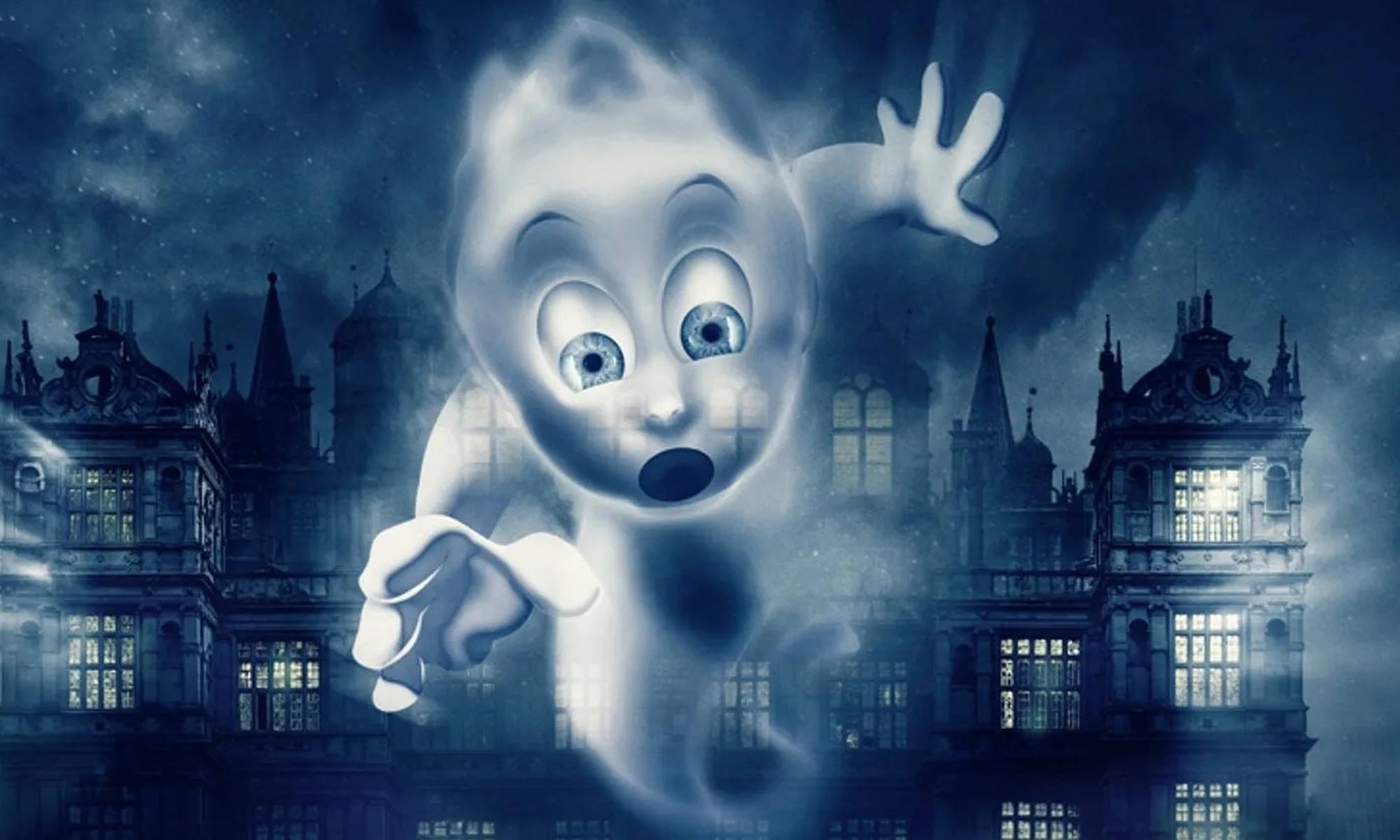Ghosts of the Balkans in Concorde Palace
The Yugoslav Wars, often referred to as the Yugoslav Civil Wars, were a series of violent conflicts that took place from 1991 to 2001 in the territory of the former Yugoslavia. These wars resulted in the fragmentation of Yugoslavia into seven independent states and were characterized by intense ethnic conflict, nationalism, and severe human rights abuses.
Background and Causes
The wars stemmed from a combination of political, ethnic, and economic factors:
- Ethnic Tensions: Yugoslavia was a diverse country with multiple ethnic groups, including Serbs, Croats, Bosniaks (Muslims), Slovenes, Albanians, and Macedonians. These groups had historical grievances and cultural differences that contributed to rising ethnic nationalism.
- Political Instability: After the death of Josip Broz Tito in 1980, the country’s unity began to erode. Tito had managed to suppress ethnic divisions, but his death left a power vacuum that was filled by nationalist leaders, particularly Serbian President Slobodan Milošević, who sought to centralize control.
- Economic Crisis: Yugoslavia faced a significant economic crisis in the 1980s, with rising unemployment, inflation, and increasing national debt. Economic hardships fueled nationalist movements, with each republic looking to protect its own interests.
- Rise of Nationalism: Nationalist leaders, such as Milošević in Serbia and Franjo Tuđman in Croatia, exploited ethnic identities for political power, escalating tensions and contributing to the disintegration of the multiethnic state.
Key Conflicts
The Yugoslav Wars are often divided into several distinct conflicts:
- Slovenian Independence War (1991): Slovenia declared independence from Yugoslavia in June 1991, leading to a short, ten-day war with minimal casualties. Slovenia successfully broke away from Yugoslavia with relatively little violence.
- Croatian War of Independence (1991–1995): Croatia’s declaration of independence in 1991 led to intense fighting between Croatian forces and the Yugoslav People’s Army (JNA) and Serbian paramilitary groups. The war saw widespread atrocities, ethnic cleansing, and destruction, particularly in towns like Vukovar and Dubrovnik.
- Bosnian War (1992–1995): The most brutal of the conflicts, the Bosnian War involved Bosniaks, Croats, and Serbs, each with competing claims and goals. The war was marked by acts of genocide, particularly the Srebrenica massacre, where Bosnian Serb forces killed over 8,000 Bosniak men and boys. The siege of Sarajevo and mass atrocities by all sides made this conflict infamous for its human suffering and war crimes.
- Kosovo War (1998–1999): In Kosovo, tensions between the ethnic Albanian majority and Serb forces led to brutal repression by Serbian forces, prompting NATO to intervene in 1999. The conflict ended with Kosovo under international supervision and eventual independence, though Serbia still does not recognize it.
Consequences and Aftermath
The wars left over 140,000 dead and millions displaced. Ethnic cleansing, mass graves, and war crimes led to international condemnation, and several leaders, including Milošević, were charged with crimes against humanity by the International Criminal Tribunal for the former Yugoslavia (ICTY).
Legacy
The Yugoslav Wars left deep scars across the Balkans, with lingering ethnic tensions and unresolved territorial issues, particularly in Kosovo and Bosnia. The wars also highlighted the importance of international intervention and shaped policies regarding genocide and ethnic conflict in Europe.

